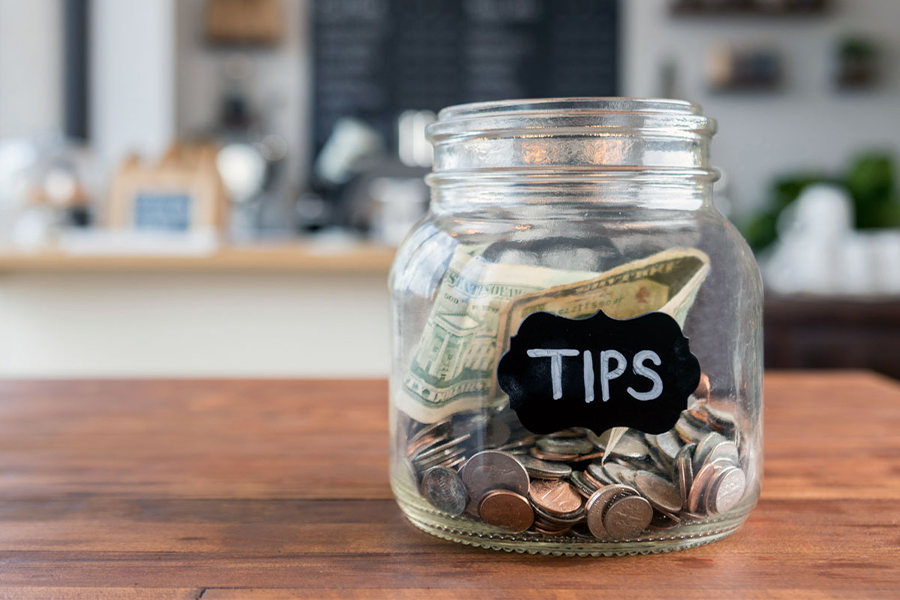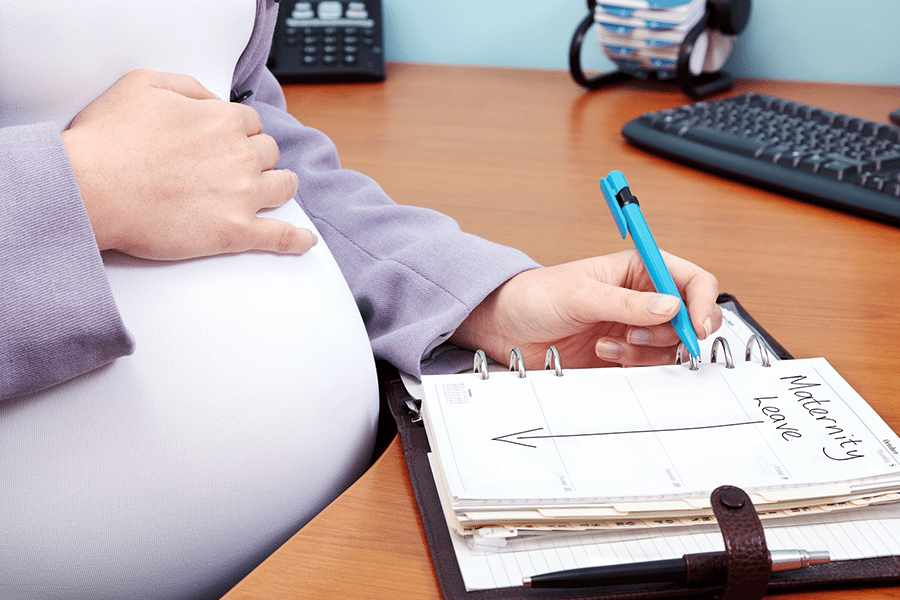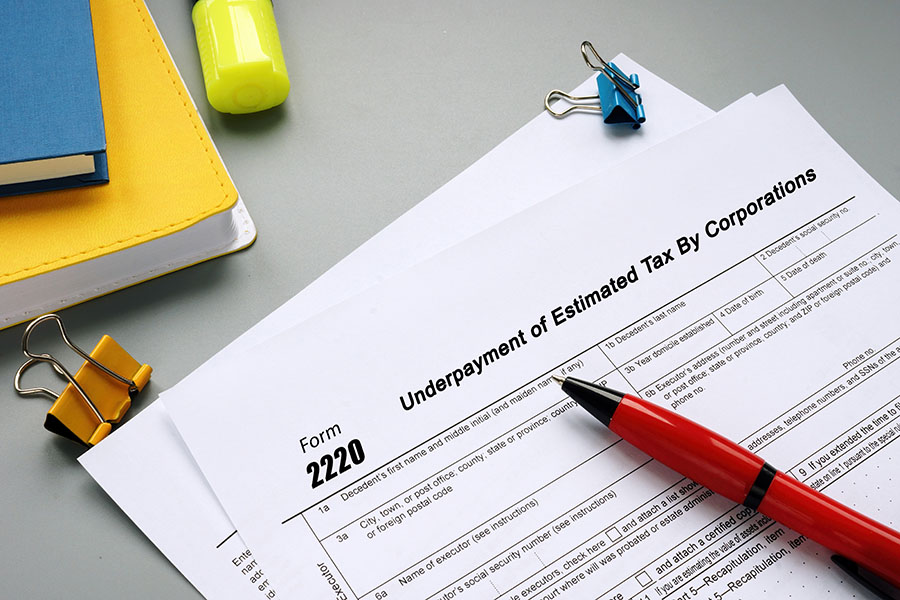
Commercial property insurance is an important business policy that either replaces or repairs damaged commercial property. Different types of commercial property insurance cover different types of property, such as tools and equipment or the printers in an office. Business owners who own a building, furniture, or equipment should strongly consider purchasing it.
Commercial property insurance costs depend largely on the type of policy you purchase and the value of the property. For example, commercial property insurance costs can range from $5,000 to $6,000 annually for a restaurant building and kitchen equipment.
Key Takeaways
- Insurance for commercial property is a first-party coverage that protects the business property you own.
- Commercial property can refer to other types of coverage, such as business personal property (BPP) or inland marine insurance.
- Commercial property can be an all-risk or named peril policy and can pay for damages on an actual cash value or replacement value basis.
- This important coverage can be purchased as a stand-alone policy, bundled with others, or as an endorsement.
Are you looking to protect your business’ equipment or property? The Hartford is our top pick for providing commercial property insurance coverage. You can purchase it as a stand-alone policy, an endorsement, or bundled with other coverages, with building limits up to $40 million. Get a quote online to see if The Hartford is the right fit for you.
Commercial property insurance differs from general liability insurance in that it only offers protection for your business property. The term “commercial property” refers both to a type of coverage, and also a generic umbrella for other types of coverage.
Commercial property insurance is sometimes called “real property,” a term that refers specifically to a commercial building. Something you’ll encounter when researching commercial property is total insurable value (TIV). This refers to the total amount of coverage on the building you need. It can also describe the maximum amount of coverage a provider will insure.
For example, if you purchased an apartment building as a commercial real estate investment and it is worth $6 million, you will need to find a provider that has a TIV at that number or above. Many providers cap the TIV at $5 million.
Commercial Property Insurance Costs
These figures represent preliminary quotes we received over the course of our research on business insurance and are meant to give you a ballpark estimate of the cost of insurance for commercial property. All of the businesses quoted were small: between one and five employees and with revenue of $200,000 or less.
Assume a deductible of between $500 and $1,000 for the above quotes.
What Can Affect Commercial Property Insurance Costs?
Providers use a combination of their own internal data analysis and underwriting procedures to determine how much commercial property insurance is. However, they also take many other factors into account, including:
- Age of the property: The age of the property is considered in part, because the older the property, the higher the likelihood of a noncompliance issue, such as an Americans with Disabilities Act (ADA) claim.
- Condition of the property: If the property is in bad condition, then an insurance company will have less of an appetite to insure it as the odds of a claim are high.
- Value of the property: Since you are insuring the actual property, the value of that property is going to have a direct impact on the cost of the premium.
- Claims history: Insurance uses the law of large numbers to calculate premiums and within that data set is the belief that past history indicates future performance. If you’ve had claims in the past, expect that to be factored into your premium.
- Geographic location: Since this is property insurance, where the property is can have a significant impact on the premium. If you are in a wildfire area, tornado zone, or close to the shore, expect to see that risk reflected in your premium.
Ways To Save on Commercial Property Insurance Costs
Due to the nature of commercial property coverage, it isn’t necessarily easy to find a lower premium or save money on your insurance. But that doesn’t mean there aren’t some money-saving things you can do:
- Make sure your building is up to code.
- Install a fire suppression system.
- Install a security alarm system.
- Proper cleaning of ventilation systems.
The above list references areas of concern for carriers. How you respond to questions directly related to a fire suppression system, for instance, can be the difference between getting no coverage, expensive coverage, or affordable insurance.
Commercial Property Insurance Coverage
Due to the nature of the coverage, commercial property insurance is usually written on a named peril policy. The peril refers to the type of loss. Typical losses covered are fire, wind, and theft. Some providers will sell commercial property on what is called an all-risk policy, meaning it will cover all types of lists, less whatever is specifically excluded from the policy.
Keep in mind that commercial property coverage is limited to the listed location on the policy.
Importantly, the value of your property is determined in one of two ways:
- Actual cash value (ACV): Depreciation of the property is factored into what the insurance company will pay on a loss.
- Replacement cost value (RCV): The insurer pays the actual cost to replace the item.
So, if there is a strong windstorm and the roof of your building is damaged, if you are paying for an ACV the insurance company will issue you a check less your deductible and depreciation for the roof.
In the same example, if your policy is structured as an RCV, the insurer will issue you a check for whatever it will cost to replace the roof less the deductible.
Commercial property insurance can come in different forms with different focuses of coverage. While commercial property coverage for a building is the most common type, it isn’t necessarily the most important coverage you will need for your type of business.
Another type of commercial property insurance is BPP. This policy covers all the “loose” items your business owns at a particular location, like the furniture, coffee maker, or copy machine.
Inland marine insurance is also a type of commercial property insurance. This is sometimes called tools and equipment coverage because it is usually purchased to cover tools and equipment. Importantly, this insurance will follow your insured equipment, regardless of its location.
Confusingly, inland marine is often offered as an endorsement with general liability insurance.
A BOP is not strictly commercial property insurance, but it is a common way to purchase commercial property coverage. A BOP is a combination or “bundle” of coverages: general liability, commercial property, and usually lost business income insurance. The commercial property coverage you can purchase on a BOP can be traditional commercial property, inland marine insurance, BPP, or even a combination of different types of property insurance.
Landlord insurance, or rental property insurance, is a commercial property coverage similar to a BOP. It brings together three coverages: commercial property, liability, and lost rental income. Some providers will offer it as a type of homeowners insurance for landlords.
Who Needs Commercial Property Insurance Coverage?
Commercial property is for any small business owner who has an investment in property: a building, contents of a building, or expensive tools and equipment. This includes but is not limited to:
- Real estate investors: If you are purchasing real estate to grow your business, then you will want to insure the property.
- Landlords: If you own a building that is rented out, then you’ll need landlord insurance. This is a type of commercial property coverage similar to a BOP.
- Restaurant owners: If you own a restaurant and the building, or simply rent the space but have outfitted the kitchen and dining area, then you’ll want to make sure the building and its contents are properly covered.
- Contractors: Contractors and handymen need to insure their tools and equipment.
Bottom Line
Much of the upfront investment you make when starting a business is in the actual property: kitchen and dining equipment for a restaurant, office supplies and inventory for a retail store, or tools and equipment for a contractor. Commercial property is an important part of a successful business plan because it will help you repair or replace that property.
The Hartford is an established provider with hundreds of years of experience insuring property. It has a broad appetite for industries, high property value limits, and an easy online experience. If you’re looking for commercial property insurance, visit The Hartford to get started.





